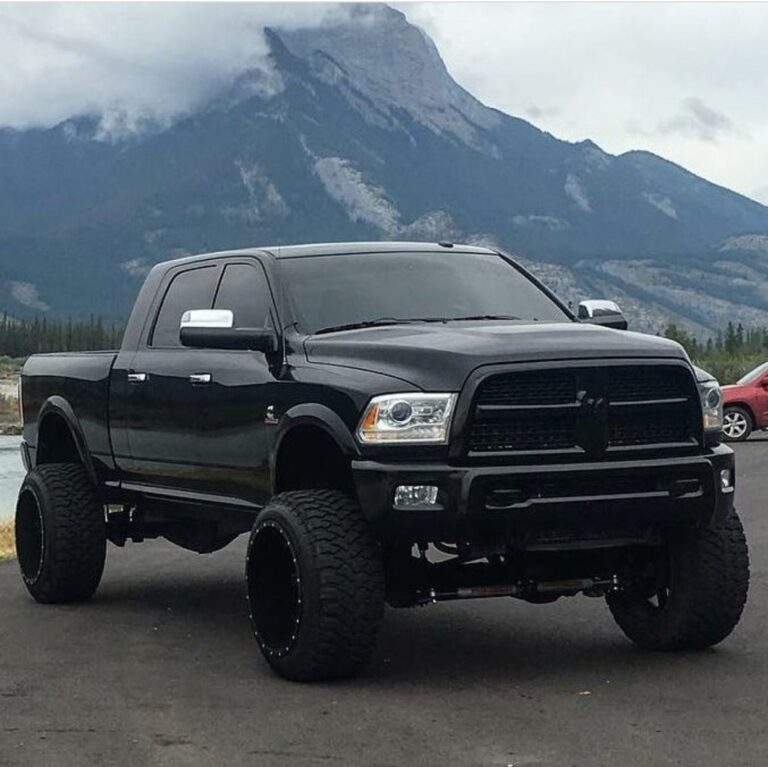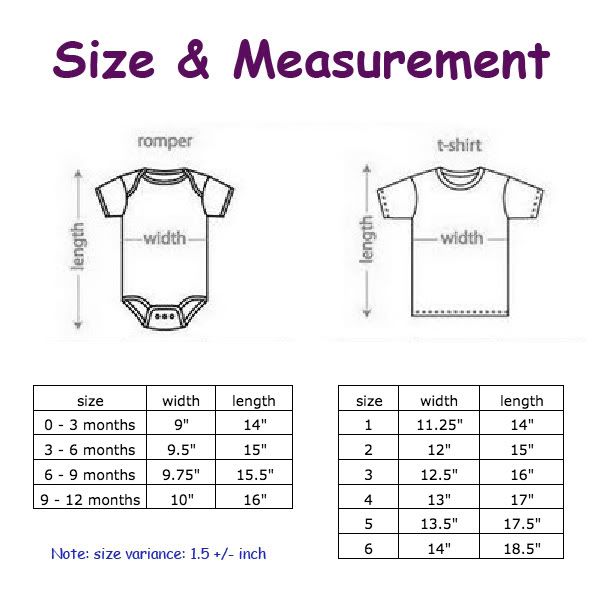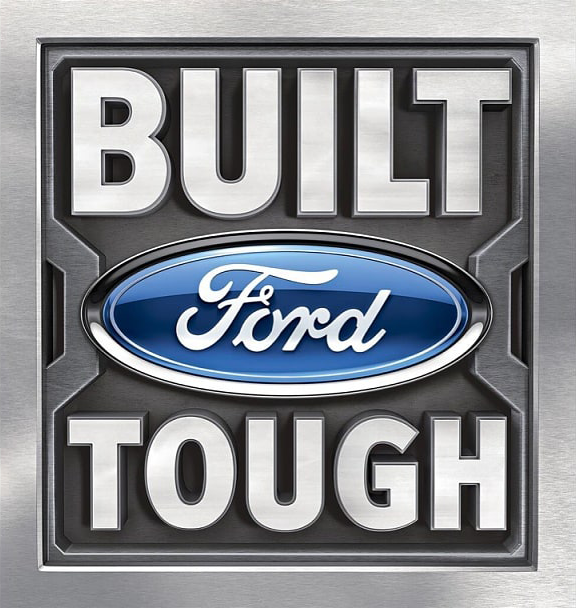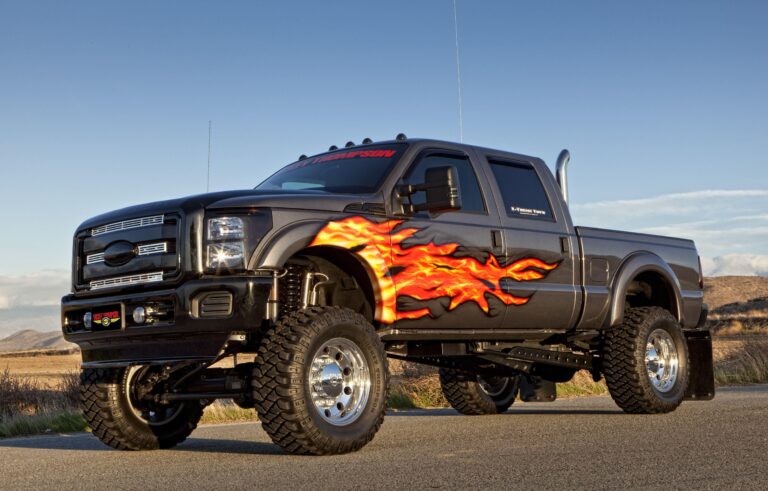Little Pickup Trucks For Sale: Your Comprehensive Guide to Compact Utility
Little Pickup Trucks For Sale: Your Comprehensive Guide to Compact Utility cars.truckstrend.com
In an automotive landscape increasingly dominated by oversized SUVs and full-size trucks, the humble "little pickup truck" retains a unique charm and undeniable utility. These compact workhorses, whether vintage classics or modern interpretations, offer a compelling blend of maneuverability, fuel efficiency, and practical cargo capacity that larger vehicles simply can’t match for many buyers. From urban dwellers needing a versatile daily driver to DIY enthusiasts and small business owners requiring light hauling capabilities, the market for little pickup trucks for sale is vibrant and diverse.
This comprehensive guide will delve into what makes these vehicles so appealing, how to navigate the market, and what crucial considerations to keep in mind to ensure you drive away with the perfect compact companion.
Little Pickup Trucks For Sale: Your Comprehensive Guide to Compact Utility
What Defines a "Little Pickup Truck"?
Historically, "little pickup trucks" referred to vehicles like the original Datsun and Toyota pickups, Ford Courier, and Chevy LUV – truly compact machines designed for efficiency and light work. Today, the term has expanded slightly to include what are often called "compact" or "mid-size" trucks that are significantly smaller than their full-size counterparts.
Key characteristics generally include:
- Size: Shorter wheelbase and overall length, narrower stance, making them easier to park and maneuver in tight spaces.
- Payload & Towing: While capable, their capacities are significantly lower than full-size trucks, typically ranging from 1,000 to 2,000 pounds for payload and 2,000 to 7,000 pounds for towing (depending on engine and configuration).
- Engine Options: Often powered by fuel-efficient 4-cylinder engines, with some offering smaller V6 options for a bit more grunt.
- Intended Use: Ideal for city driving, light-duty hauling (furniture, garden supplies, camping gear), recreational activities (bikes, kayaks), and as a practical daily driver.

They strike a perfect balance, offering the open bed utility of a truck without the bulk and fuel consumption of a larger vehicle.
The Enduring Appeal: Benefits of Owning a Little Pickup Truck
The popularity of little pickup trucks isn’t just nostalgia; it’s rooted in a host of practical advantages:
- Maneuverability & Parking: Their compact dimensions make navigating crowded city streets and tight parking lots a breeze. You can fit into spaces where a full-size truck would struggle.
- Fuel Efficiency: Generally, little pickup trucks offer significantly better gas mileage than their larger siblings. This translates to lower running costs and a lighter environmental footprint.
- Affordability: Both new and used little trucks typically come with a lower purchase price, more affordable insurance premiums, and often lower maintenance costs compared to larger trucks.
- Versatility: They are true multi-taskers. Need to haul lumber for a home project? Done. Taking bikes to the trail? Easy. Commuting to work? Comfortable. They seamlessly blend work and play.
- DIY & Small Business Friendly: For contractors, landscapers, or anyone with a hobby requiring material transport, a little truck is an indispensable tool without the overhead of a commercial vehicle.
- Nostalgia & Collectibility: Many older models, like the Toyota Hilux or Nissan Hardbody, have developed a cult following for their rugged reliability and classic styling, making them desirable project vehicles or even investments.
Navigating the Market: How to Find Your Little Pickup Truck
The market for little pickup trucks is diverse, encompassing everything from decades-old workhorses to brand-new, modern compacts.
New vs. Used:
- New: Options like the Ford Maverick and Hyundai Santa Cruz offer modern features, warranties, better fuel economy, and advanced safety tech. They tend to be more comfortable and car-like to drive.
- Used: The used market is where you’ll find the widest variety, including classic compacts like older Toyota Tacomas, Ford Rangers, Chevy S-10s, and Nissan Frontiers. Used trucks offer significant cost savings but require more diligent inspection.
Where to Look:
- Dealerships: Both new and used options available. Reputable dealers often provide warranties (for new) or certified pre-owned programs (for used).
- Online Marketplaces: Websites like AutoTrader, CarGurus, Cars.com, and local platforms like Craigslist and Facebook Marketplace are treasure troves of private seller listings.
- Auctions: Public or dealer auctions can offer good deals, but require expertise in vehicle assessment as "as-is" sales are common.
- Private Sellers: Often the best source for negotiating a lower price, but require you to be more self-reliant in terms of inspection and paperwork.
Key Models to Consider (Examples):
- Modern Compacts:
- Ford Maverick: A game-changer, offering excellent fuel economy (hybrid option), a practical bed, and car-like comfort.
- Hyundai Santa Cruz: Blends SUV comfort with open-bed utility, stylish and packed with tech.
- Popular Used Compact/Mid-size:
- Toyota Tacoma (older generations): Legendary for reliability, strong resale value, and off-road capability.
- Ford Ranger (pre-2019 models): A long-standing favorite, known for durability and versatility.
- Nissan Frontier (older generations): A solid, no-frills option, often found at attractive price points.
- Chevy Colorado / GMC Canyon (older generations): Good all-around performers, comfortable for daily driving.
- Classic/Vintage (True "Little" Trucks):
- Toyota Pickup / Hilux (pre-Tacoma): Indestructible reputation, simple mechanics.
- Nissan Hardbody (D21): Another highly reliable and durable classic.
- Chevy S-10 / GMC Sonoma: Ubiquitous and parts are generally easy to find.
- Mazda B-Series / Ford Courier: Often rebadged versions of other Japanese trucks, offering similar reliability.
Essential Considerations Before Buying
A smart purchase requires careful thought and thorough investigation, especially when buying used.
- Budget Beyond the Sticker Price: Factor in insurance, registration, potential immediate repairs, and ongoing maintenance costs. Older trucks might be cheaper upfront but could demand more in repairs.
- Intended Use: Be honest about your needs. Will it be a daily commuter, a weekend warrior, a work truck, or an off-road toy? This will guide your choice of model, engine, and features (e.g., 4×4 vs. 2WD).
- Condition & Inspection (Crucial for Used):
- Rust: Inspect the frame, bed, wheel wells, and rocker panels thoroughly. Rust can be a deal-breaker.
- Engine & Transmission: Look for leaks, listen for strange noises, check fluid levels and colors. Test the transmission through all gears.
- Suspension & Brakes: Test drive on various surfaces. Listen for clunks, feel for pulling.
- Tires: Check tread depth and even wear.
- Interior: Look for excessive wear, water damage, and ensure all electronics work.
- Documentation: Verify the title is clean, check service records, and run a VIN check (Carfax/AutoCheck) for accident history or odometer discrepancies.
- Pre-Purchase Inspection (PPI): Always budget for a trusted mechanic to perform a PPI, especially for used vehicles. It’s the best money you’ll spend.
- Maintenance & Parts Availability: For older or less common models, research how easy it is to find replacement parts and qualified mechanics. Online forums are excellent resources.
- Test Drive: Don’t just drive around the block. Take it on highways, city streets, and if possible, over varied terrain. Test all lights, wipers, A/C, and infotainment systems.
Tips for a Successful Purchase
- Research Thoroughly: Understand common issues for specific models you’re considering.
- Set a Realistic Budget: And stick to it.
- Don’t Rush: There are many trucks out there. Be patient to find the right one.
- Negotiate Respectfully: Be informed about market values, but always be polite.
- Be Prepared to Walk Away: If something feels off or the seller is uncooperative, it’s not worth the headache.
- Bring a Friend: A second pair of eyes can spot things you miss and provide emotional support.
Potential Challenges and Solutions
- Rust: Especially prevalent in older trucks from regions with harsh winters. Solution: Thorough pre-purchase inspection. If buying, consider professional rustproofing.
- Parts Scarcity: For very old, rare, or discontinued models, finding specific parts can be challenging. Solution: Join owner forums, explore specialized aftermarket suppliers, or be prepared to fabricate.
- Wear and Tear: Used trucks, especially work trucks, will show signs of use. Solution: Factor in potential repair costs. Prioritize mechanical soundness over cosmetic perfection.
- Lack of Modern Safety Features: Older trucks lack airbags, ABS, stability control, and driver-assist systems found in new vehicles. Solution: Drive defensively, consider aftermarket upgrades (e.g., better lighting), and understand the limitations.
Table: Popular Little Pickup Trucks & Estimated Price Ranges
Prices vary significantly based on year, mileage, condition, trim level, and geographic location. These are general estimates.
| Make/Model | Typical Year Range (Used) | New Price Range (MSRP) | Used Price Range (Estimate) | Key Features/Notes |
|---|---|---|---|---|
| Ford Maverick | N/A | $23,815 – $38,335+ | N/A (Too new for significant used market yet) | Hybrid or EcoBoost engines, excellent fuel economy, compact, unibody, versatile bed. |
| Hyundai Santa Cruz | N/A | $28,275 – $41,915+ | N/A (Too new for significant used market yet) | SUV-like ride, stylish design, compact, unibody, advanced tech features. |
| Toyota Tacoma | 2005-2015 (2nd Gen) | N/A | $10,000 – $30,000+ | Renowned for reliability, strong resale, off-road capability (especially TRD trims). |
| Ford Ranger | 1993-2011 (3rd/4th Gen) | N/A | $4,000 – $15,000+ | Durable, simple, common for work or light off-roading. Parts widely available. |
| Nissan Frontier | 2005-2021 (2nd Gen) | N/A | $8,000 – $25,000+ | Robust V6 option, straightforward mechanics, good value. |
| Chevy Colorado | 2004-2012 (1st Gen) | N/A | $5,000 – $12,000+ | Versatile, comfortable ride, available with various engines. |
| Chevy S-10 / GMC Sonoma | 1994-2004 | N/A | $3,000 – $10,000+ | Ubiquitous, easy to find parts, good for projects or simple utility. |
| Toyota Pickup / Hilux | 1979-1995 | N/A | $5,000 – $20,000+ (highly variable) | Legendary reliability, often seen with significant mileage, sought after by off-roaders and collectors. |
| Nissan Hardbody | 1986-1997 | N/A | $3,000 – $10,000+ | Known for durability and simple design, a true workhorse. |
Note: "New Price Range" reflects current MSRP for modern compact trucks. "Used Price Range" is a broad estimate and can vary wildly based on condition, mileage, specific trim, and market demand.
Frequently Asked Questions (FAQ) about Little Pickup Trucks
Q: Are little pickup trucks truly fuel-efficient?
A: Generally, yes, especially compared to full-size trucks. Modern compact trucks like the Ford Maverick (hybrid) offer excellent MPG. Older 4-cylinder models also tend to be more efficient than their V6/V8 counterparts.
Q: Can I really haul much with a small truck?
A: Absolutely! While their capacities are lower than full-size trucks, they are perfectly capable of handling common tasks like moving furniture, hauling garden supplies, carrying camping gear, transporting ATVs or motorcycles (with a ramp), and supporting most DIY projects. Check the specific model’s payload and towing capacity.
Q: What’s the best small truck for off-roading?
A: Older Toyota Tacomas (especially TRD trims), Nissan Frontiers, and some Ford Rangers are highly regarded for their off-road prowess. Their smaller size makes them nimble on trails. Look for 4×4 models with good ground clearance.
Q: Should I buy a new or used little pickup truck?
A: If budget allows and you want modern features, warranty, and better fuel economy, a new Ford Maverick or Hyundai Santa Cruz is excellent. If you’re on a tighter budget, need a workhorse, or prefer classic reliability, the used market offers fantastic value, but requires more careful inspection.
Q: What should I look for when inspecting a used small truck?
A: Prioritize the frame for rust, check for fluid leaks (engine, transmission, differentials), listen for unusual engine/transmission noises during a test drive, and verify all electronics work. Always get a pre-purchase inspection by a trusted mechanic.
Q: Are parts hard to find for older models?
A: For popular older models like the Toyota Tacoma, Ford Ranger, and Chevy S-10, parts are generally abundant and affordable, often available aftermarket. For rarer or very old models, parts might be harder to source, potentially requiring specialized suppliers or junkyard searches. Online owner forums are great resources for finding parts and advice.
Conclusion
Little pickup trucks for sale represent an appealing segment of the automotive market, offering a unique combination of practicality, efficiency, and maneuverability. Whether you’re drawn to the rugged reliability of a vintage workhorse or the modern conveniences of a new compact model, these vehicles prove that you don’t need a massive footprint to get the job done. By understanding their benefits, knowing where to look, and conducting thorough research and inspection, you can confidently find a little pickup truck that perfectly fits your needs and budget, ready to tackle tasks both big and small with surprising capability. Their enduring charm and utility ensure they’ll remain a smart choice for years to come.





